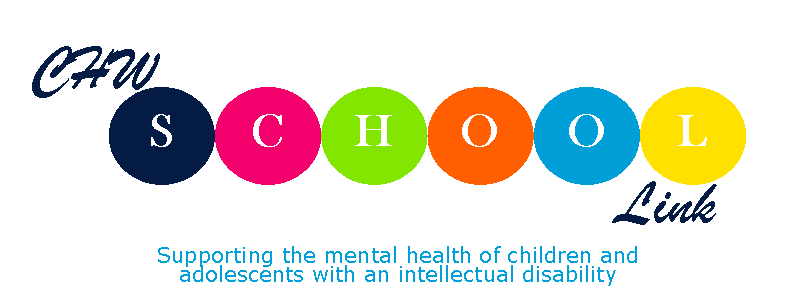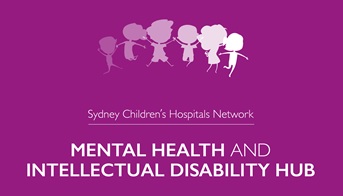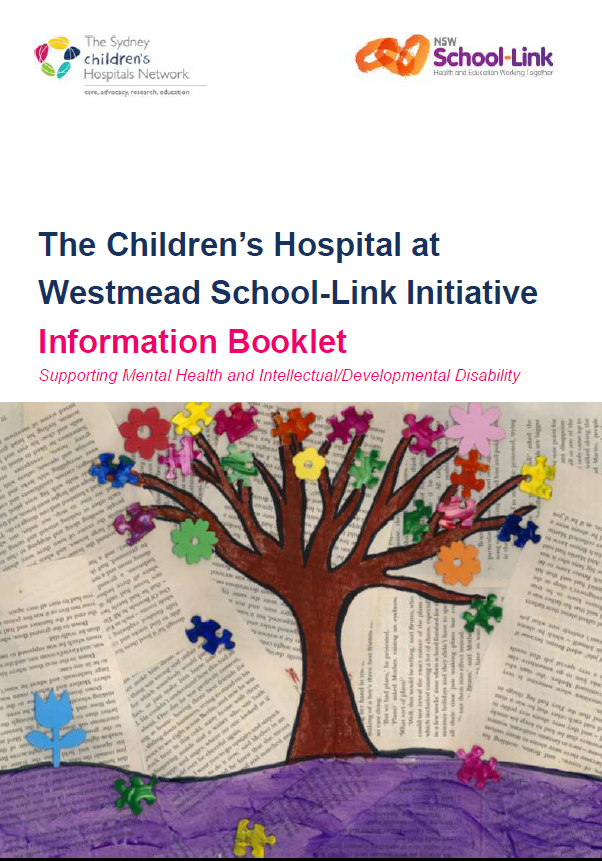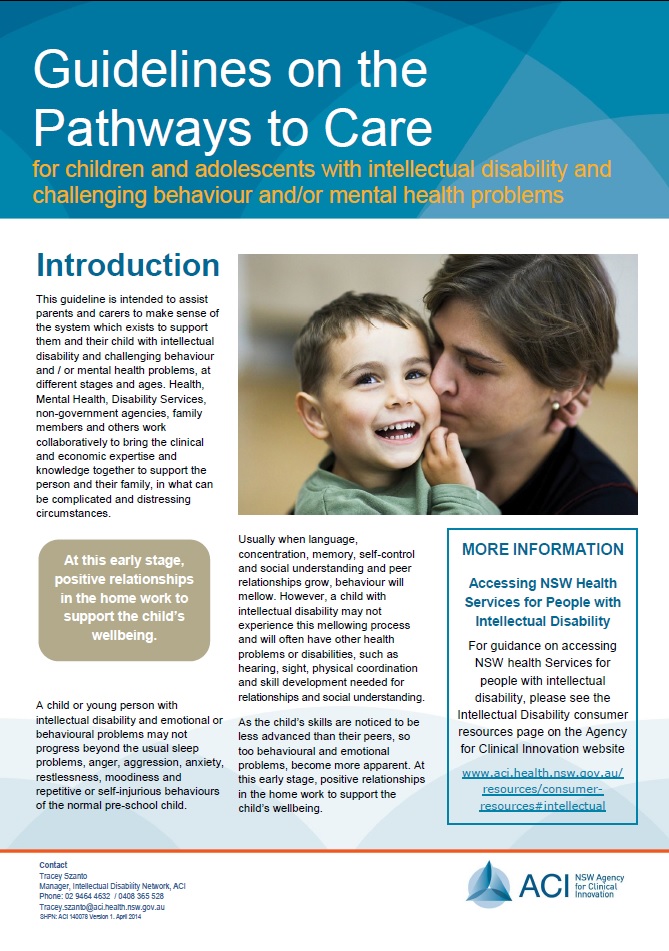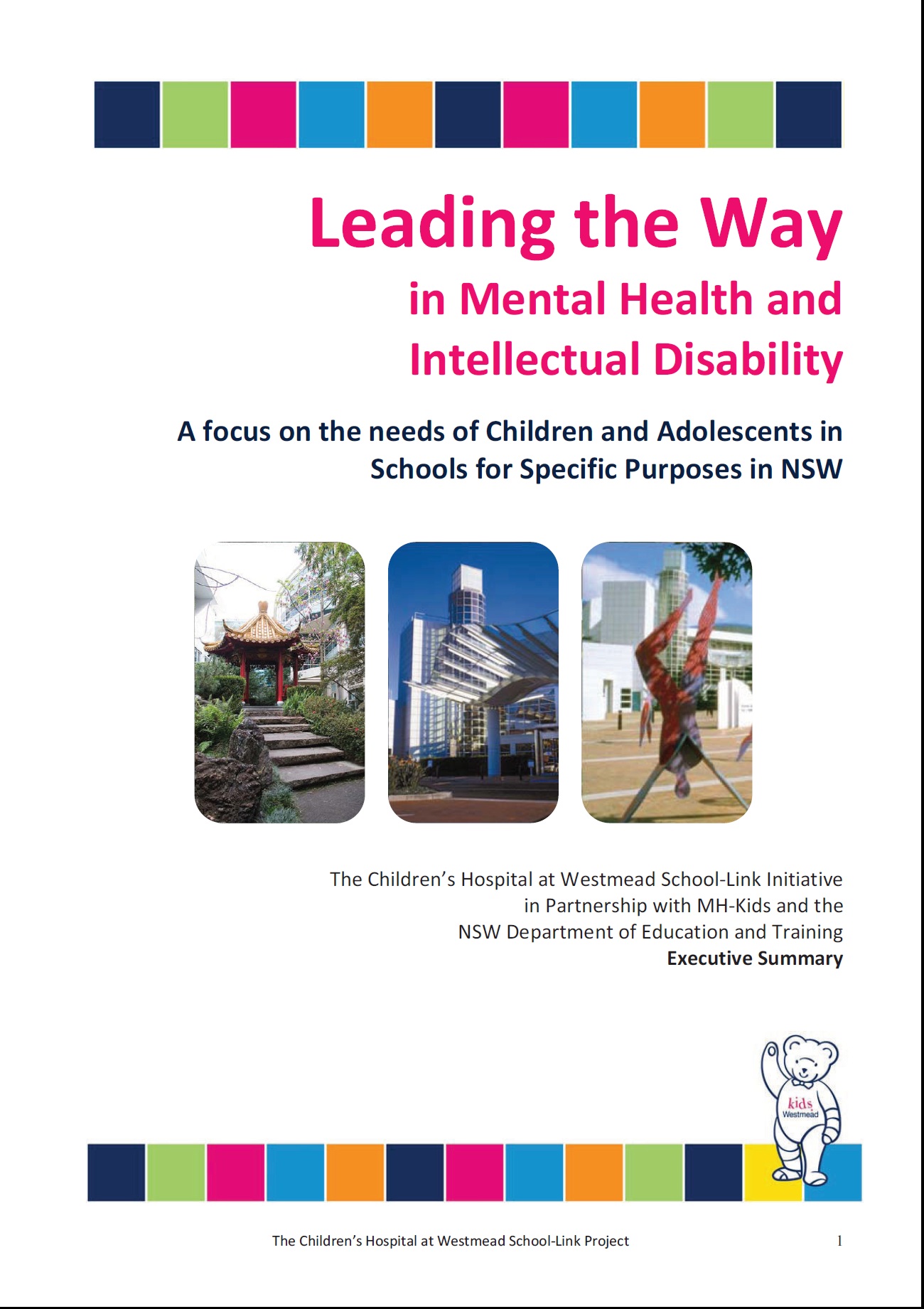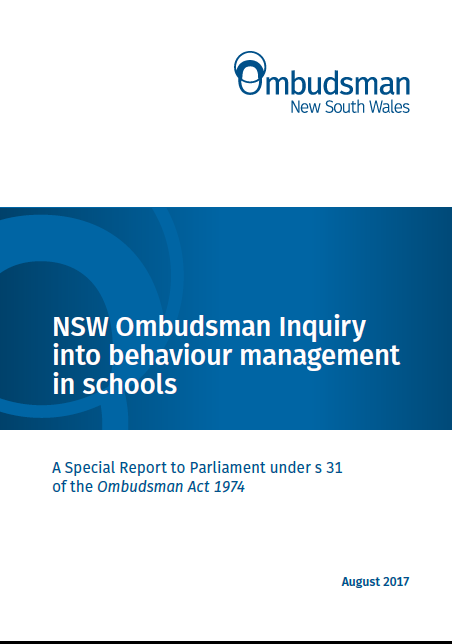Westmead Feelings Program
Westmead Feelings Program 1 is a 15-month intervention program teaching children with autism spectrum disorder and mild intellectual disability about emotional understanding and social awareness, in close collaboration with parents, teachers and facilitators. Westmead Feelings Program 1 was previously known as the Emotion Based Social Skills Program, but has now been updated and published by ACER.
Research
The Westmead Feelings Program (WFP) has a strong research basis and has been studied in more than eight research studies evaluating teaching content, teaching materials and outcome measures in a range of settings (including hospital outpatient department and school settings) and by a range of WFP facilitators (including psychologists, school counsellors and special educators). WFP has consistently demonstrated clinically significant treatment benefits, resulting in improved emotional competence, social skills and mental health for children with autism spectrum disorder and their families.
Results of WFP research have been presented by the authors of the program at national and international conferences and studies of WPF (formerly known as Emotion-Based Social Skills Training, or EBSST) have been published in peer-reviewed journals.
Conclusions
- WFP in schools significantly improves teacher-reported emotional competence in children with autism spectrum disorder and mild intellectual disability, comparing treatment to a control group.
- There are clinically significant improvements in mental health for treatment compared to control groups in children with high-functioning autism spectrum disorder.
- Completing WFP results in positive trends for parent-reported emotional competence, parent- and teacher-reported social skills and parent mental health.
- For facilitators who have completed WFP facilitator training and accreditation, there is a high level of skills and competence acquired relating to WFP delivery so that no further professional support is required for successful implementation.
The accompanying resources and online professional learning are now available on the ACER website here.
